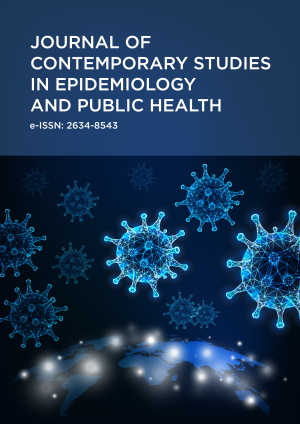Abstract
Introduction and objectives: The global spread of the new coronavirus (COVID-19) has substantially impacted people’s lives, negatively impacting students’ mental health worldwide. This study aims to map research efforts presented over the past years and potential networks and collaborations in the fields using bibliometric analysis from documents indexed in the Scopus database.
Methods: Bibliometric analysis of articles published on the impact of the COVID-19 pandemic on students’ mental health were accessed and analyzed using bibliometrix and R studio.
Results and conclusions: The study identified 2,564 documents from 2020-2021 published in the Scopus database. About 11,161 authors, 91 countries, and 642 organizations contributed to the research on the impact of the COVID-19 pandemic on students’ mental health. The research collaboration index was 4.59. The top-most cited article was written by Wang et al. (2020) in the International Journal of Environmental Research and Public Health with total citations of 3,599. The “International Journal of Environmental Research and Public Health” was the most productive, with 144 publications. The top-productive corresponding author country was the USA, with 412 articles. The thematic structure analysis shows the 75 keyword terms of hot research spots within five different clusters. The bibliometric research revealed an increasing annual trend of manuscripts on the impact of the COVID-19 pandemic on students’ mental health. It also highlighted the authors and countries working in this research field.
License
This is an open access article distributed under the Creative Commons Attribution License which permits unrestricted use, distribution, and reproduction in any medium, provided the original work is properly cited.
Article Type: Review Article
J CONTEMP STUD EPIDEMIOL PUBLIC HEALTH, Volume 3, Issue 2, 2022, Article No: ep22007
https://doi.org/10.29333/jconseph/12544
Publication date: 16 Oct 2022
Article Views: 1956
Article Downloads: 1582
Open Access References How to cite this article
 Full Text (PDF)
Full Text (PDF)